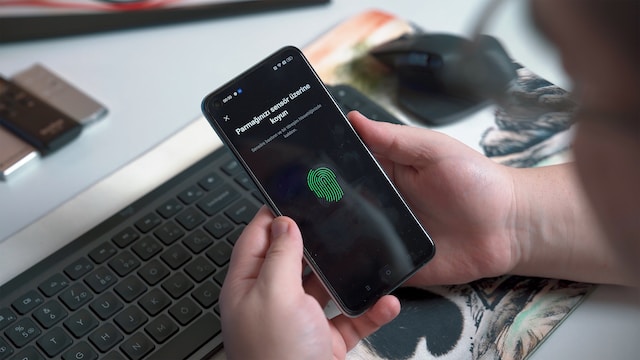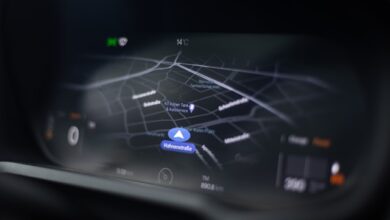How Biometric Technology Can Improve People Management

People management has become more complicated and expensive as technology has improved. Tesla has accused an employee of hacking, theft, and press leaks. As a result, Tesla has suffered “severe and ongoing losses,” as stated by the company. Nonetheless, there are many aspects of personnel management that may hugely benefit from the application of biometric technology.
Companies all around the world are increasingly using fingerprint, facial recognition, voice-printing, and iris identity to save time and money and, ultimately, tighten up their processes to run more successfully.
The time has come. As according IBM study, 75% of millennials are now comfortable using biometric technology, due in part to Apple’s decision to use facial-recognition security to unlock the iPhone X, which was launched last year.
Employee perception changes for the better when they see their company is forward-thinking and that, in the end, biometric technology can save them time, stress, and even improve their working environment.
Biometric identification in the workplace, especially for employee management, will become an important strategic priority for many firms in the next years, particularly big ones with many employees.
Biometric authentication and hiring
Biometric identification systems may be a godsend for companies that need to hire a large number of people quickly due to seasonal reasons or a large growth push — think G4S for large events or Sainsbury’s during the Christmas season — and can even avoid criticism.
Biometric technology, in essence, may be used swiftly and easily in the screening process, making it easy for both the company and the employee. For example, right-to-work documents, which are a source of frustration for many HR departments, might be exchanged and verified via a biometric service, making the process simple and quick. Any problems might also be recognized at this point. After all, an employer who hires an illegal worker may be breaking the law.
Mitigating risk and fraud
Passwords are one of the most major security flaws in the workplace, yet they are still widely used by people and companies globally.
Replacing passwords with biometrics, especially multi-modal methods — for example, fingerprint and face recognition used together for verification for maximum security — is a significant step forward in fighting fraudulent activities such as phishing and social engineering.
With so many employers still using traditional passwords to accessing systems and databases, using biometrics should be a top priority. It will be critical in improving workplace functionality as well as security.
Measuring and improving wellbeing
Biometrics has huge potential in the workplace of the future. While many will discuss tracking employees’ time and productivity, biometrics may also be used for a more positive purpose.
An employer, for example, can understand whether or not their workplace environment is healthy and happy. Requirements will only grow in the future. As a “signature,” technology already exists to monitor an individual’s pulse. As a result, there may be a rise in wearable technology, sensors, and data analysis to measure mental and physical health, as well as to modify the environment to assist employees feel more relaxed, productive, or creative. Data might be utilised to modify the physical environment, such as temperature and lighting, or to encourage people to take more breaks or stay hydrated.
All of this could go a long way towards harmonising a team, leading to greater worker retention – a vital sign of strong people management and, often, a company’s success.
It is impossible to interact with data and people without mentioning privacy. Each organisation must be completely transparent about how they use biometric technology and the data they collect. This will vary from nation to country because what is acceptable and lawful varies around the world. Nonetheless, safeguarding people’s data and privacy is critical.
Implementing a biometric identification system in the workplace is neither hard nor time-consuming. And the long-term benefits are obvious.
Biometrics will be used in almost every sector in the next years, including management of human resources.
Grant Crow is the CEO of SmilePass, a flexible platform delivered as a service that manages identification and authentication with best-in-class biometric technology.



